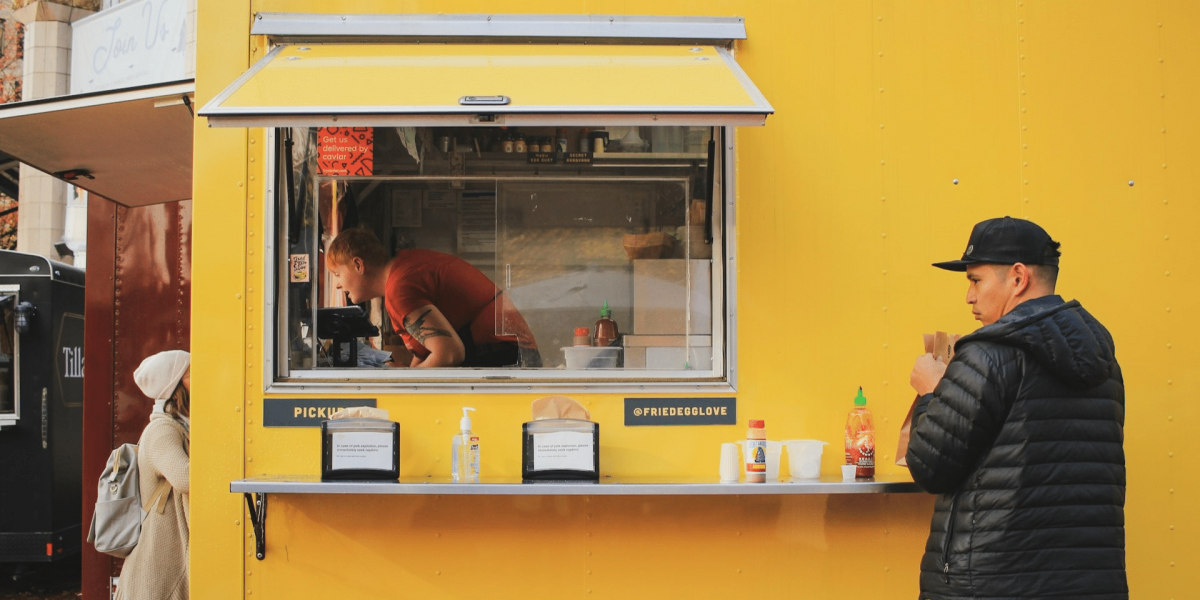Mobile retail, the practice of bringing goods and services directly to customers through mobile units, has gained significant popularity in recent years. This trend is particularly notable in the southern United States, where the unique culture and landscape provide fertile ground for mobile retail businesses to thrive. This article explores the rise of mobile retail in the South, its benefits, challenges, and future prospects.
The Rise of Mobile Retail
Mobile retail is not a new concept. From traveling salesmen in the 19th century to ice cream trucks in the mid-20th century, the idea of bringing products directly to customers has a long history. However, the modern mobile retail trend has expanded beyond these traditional models, encompassing a wide variety of goods and services.
Several factors have contributed to the growth of mobile retail in the South:
- Cultural Embrace of Innovation: The South has a history of embracing new ideas and business models. The friendly and community-oriented culture makes mobile retail a natural fit.
- Climate and Geography: The generally mild climate and open spaces provide ideal conditions for outdoor retail operations, allowing mobile units to operate year-round.
- Economic Considerations: Mobile retail offers lower startup and operating costs compared to traditional brick-and-mortar stores, making it an attractive option for entrepreneurs.
Types of Mobile Retail in the South
Food trucks are perhaps the most visible and popular form of mobile retail. They offer a wide range of cuisines, from traditional Southern barbecue to gourmet fusion dishes. Food trucks have become a staple at festivals, fairs, and community events, attracting large crowds and fostering a sense of community.
Mobile boutiques selling clothing, jewelry, and accessories have also become common. These boutiques often feature curated selections of unique and locally-made items, appealing to customers looking for distinctive and personalized shopping experiences.
Beyond products, mobile retail in the South includes services such as pet grooming, beauty treatments, and even mobile fitness classes. These service-oriented mobile units bring convenience and novelty, catering to busy lifestyles and the desire for unique experiences.
Benefits of Mobile Retail
One of the primary advantages of mobile retail is the ability to move to different locations and reach a broader audience. Retailers can set up shop at various events, markets, and high-traffic areas, maximizing exposure and sales opportunities.
Mobile retail operations typically have lower overhead costs than traditional stores. There are no expenses related to rent, utilities, or permanent staffing, allowing businesses to allocate resources more efficiently and potentially offer lower prices to customers.
Mobile retail provides a unique opportunity for direct customer engagement. Retailers can interact with customers in a more personal and casual setting, building relationships and receiving immediate feedback. This direct interaction helps create a loyal customer base and enhances the overall shopping experience.
Challenges of Mobile Retail
Operating a mobile retail business involves navigating various regulations and permits, which can vary significantly from one location to another. Compliance with health and safety standards, zoning laws, and licensing requirements can be complex and time-consuming.
Logistics can be a major challenge for mobile retail. Ensuring reliable transportation, maintaining vehicle upkeep, and managing inventory in a limited space require careful planning and efficient systems. Weather conditions can also impact operations, particularly for outdoor setups.
As mobile retail becomes more popular, market saturation can become an issue. In highly competitive areas, standing out and attracting customers can be challenging. Retailers need to continuously innovate and differentiate their offerings to remain appealing.
Future Prospects
The future of mobile retail in the South is likely to involve greater integration of technology. Mobile payment systems, social media marketing, and location-based services can enhance operations and customer experiences. Advances in vehicle technology may also lead to more sustainable and efficient mobile units.
As mobile retail continues to evolve, we can expect to see an expansion in the types of goods and services offered. From mobile healthcare units to pop-up art galleries, the possibilities are vast. This diversification will attract a wider range of customers and create new opportunities for entrepreneurs.
Mobile retail has the potential to strengthen community connections by bringing people together in public spaces and fostering a sense of local pride. As communities increasingly value local and sustainable business practices, mobile retail can play a key role in supporting these trends.
Mobile retail in the South is a dynamic and growing trend, driven by cultural, economic, and geographic factors. Its flexibility, lower costs, and ability to engage directly with customers offer significant advantages. However, challenges such as regulatory hurdles and logistical issues must be navigated carefully. With continued innovation and adaptation, mobile retail is poised to become an even more integral part of the Southern business landscape, offering exciting opportunities for both entrepreneurs and customers.






